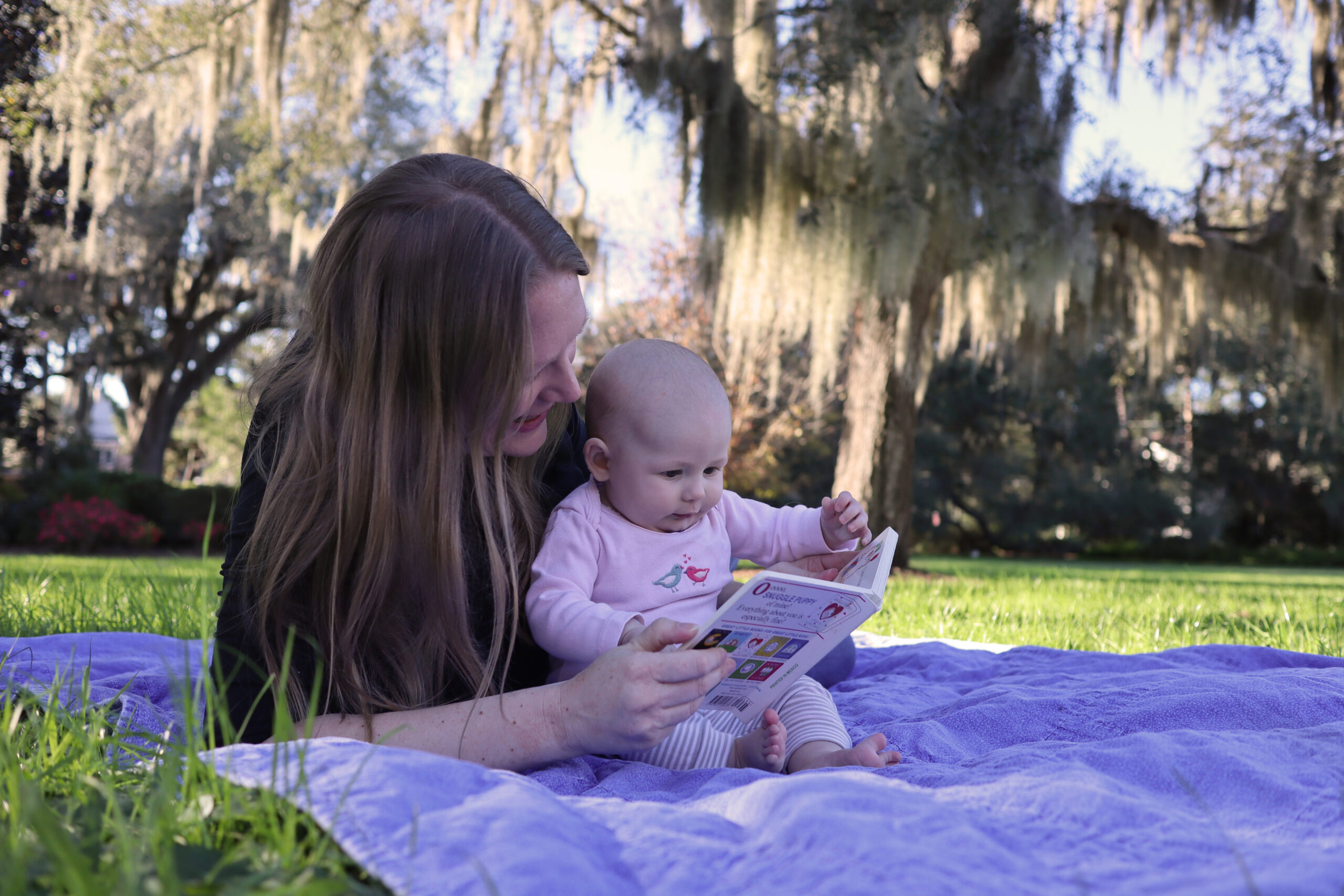Tomorrow’s Leaders in Early Childhood Studies Start Here
At the Anita Zucker Center we support and mentor tomorrow’s leaders in early childhood studies from a transdisciplinary perspective. These individuals will carry lessons learned today and see further to inform and transform the future of early childhood studies. In the Center, emerging leaders in early childhood studies at all levels are receiving training and situated mentoring in early childhood research, policy and practice.
For more information about joining our transdisciplinary team in early childhood studies, please contact us.
Postdoctoral Associates
The Center supports transdisciplinary postdoctoral research opportunities to prepare Postdoctoral Associates to conduct rigorous and relevant research in the field of early childhood studies. Postdoctoral Associates are appointed to the Center to study with its members and expand their ability to contribute to the advancement of knowledge, practice and policy in the field. Initial funding for this leadership area came from the National Center for Special Education Research, Institute of Education Sciences.
To learn more about the focus of our work and collaborations with our Postdoctoral Associates, click here.
Doctoral Affiliates
Doctoral Affiliates receive additional situational learning experiences and applied research opportunities at the Center. These experiences include seminars and mentoring, using an apprenticeship approach and situated community-based leadership opportunities to promote the breadth of their knowledge and skills in early childhood studies and to prepare them to become the next generation of leaders and scholars in the field.
Master’s and Undergraduate Student Affiliates
These Student Affiliates, from many different colleges and centers across the University of Florida, join our transdisciplinary team seeking additional opportunities in early childhood studies, such as helping to coordinate research projects or collecting and recording data. These paid or volunteer opportunities allow students experiences in applied research settings and early childhood programs.
Learning Opportunities for Practitioners, Caregivers and Families
Faculty, staff, and students at the Center offer many varied learning opportunities in local, state, national, and international settings. The Center also supports caregivers and families to implement effective practices that support their children’s early development and learning during everyday routines and activities.
Practice-Based Coaching
The Center and our colleagues have been studying professional learning for more than 30 years to develop effective strategies for practitioners and caregivers to support the development and learning of young children. Practice-based coaching (PBC) is an evidence-based coaching framework designed to support practitioners and families to learn about and use effective practices in classroom, home, and community environments. Center members and our collaborators have supported and continue to support a number of research and model demonstration projects that use practice-based coaching to evaluate its ongoing use and effects and expand our PBC knowledge and skills.
Leadership and Policy in Early Childhood
To influence the transformation of early childhood learning and development, we are working to prepare leaders to create a future where every child experiences nurturing and responsive relationships and quality early learning experiences that create a strong foundation for future life success. As a transdisciplinary center for excellence, our affiliated faculty, students and postdoctoral associates from centers across our campus come together to support advances and intersections among research, policy, and practice in early childhood studies.
Past Projects
Preparing Leaders in Early Childhood Studies and Implementation Science (PLECSIS)
For more information about doctoral programs in special education with a concentration in early childhood studies, click here.
Project Prepare
Project Prepare (full title: Preparation and Retention of Early Intervention/Early Childhood Special Education Personnel: Preparing for Evidence-Based Practice in High Need Early Childhood Settings) was funded by the U.S. Department of Education, Office of Special Education Programs. Across a period of five years, students were awarded funding to pay the tuition for their Master’s degree. This project was led by researchers at the Center with a goal to prepare students to teach young children with disabilities. Following completion of the program, the transfer of learning into practice was facilitated during the first year of teaching through a combination of mentoring and peer group support across the year.
Postdoctoral Research Training Fellowship in Early Intervention and Early Learning in Special Education at the University of Florida
This transdisciplinary postdoctoral research training fellowship program was funded by the National Center for Special Education Research, Institute of Education Sciences and provided core competencies and apprenticeships in a variety of research areas for specialization training in early intervention and early learning in special education. The Center supported the professional development of these postdoctoral scientists by preparing them to conduct rigorous and relevant research and contribute to the advancement of knowledge, theory and methodology in the field of early childhood studies. While this grant funded postdoctoral fellowship has ended, the Center continues to use this model with its Postdoctoral Associates.
For more information about credentialed degrees, click here.

